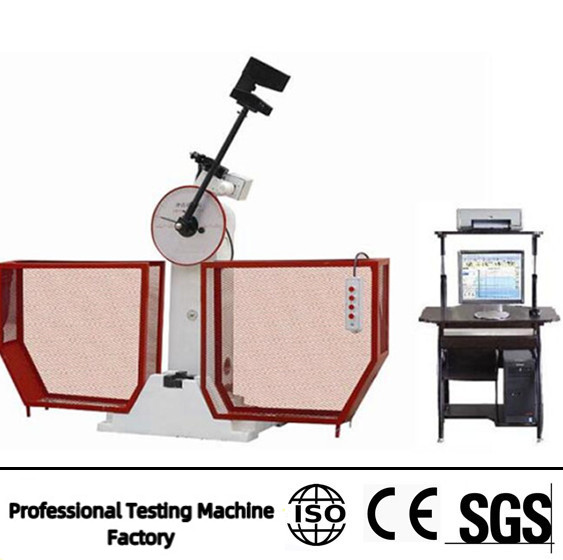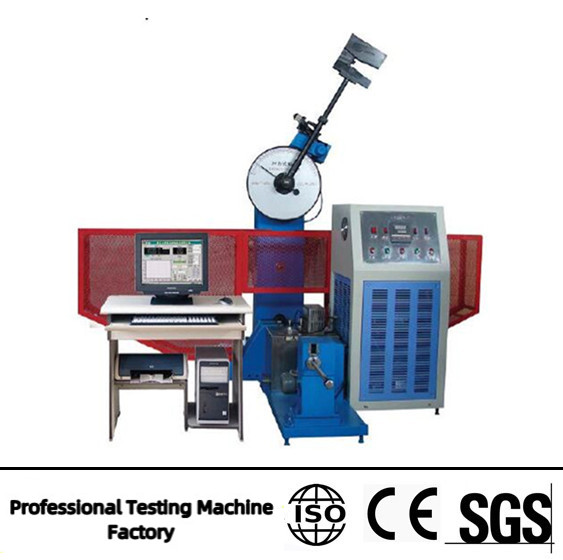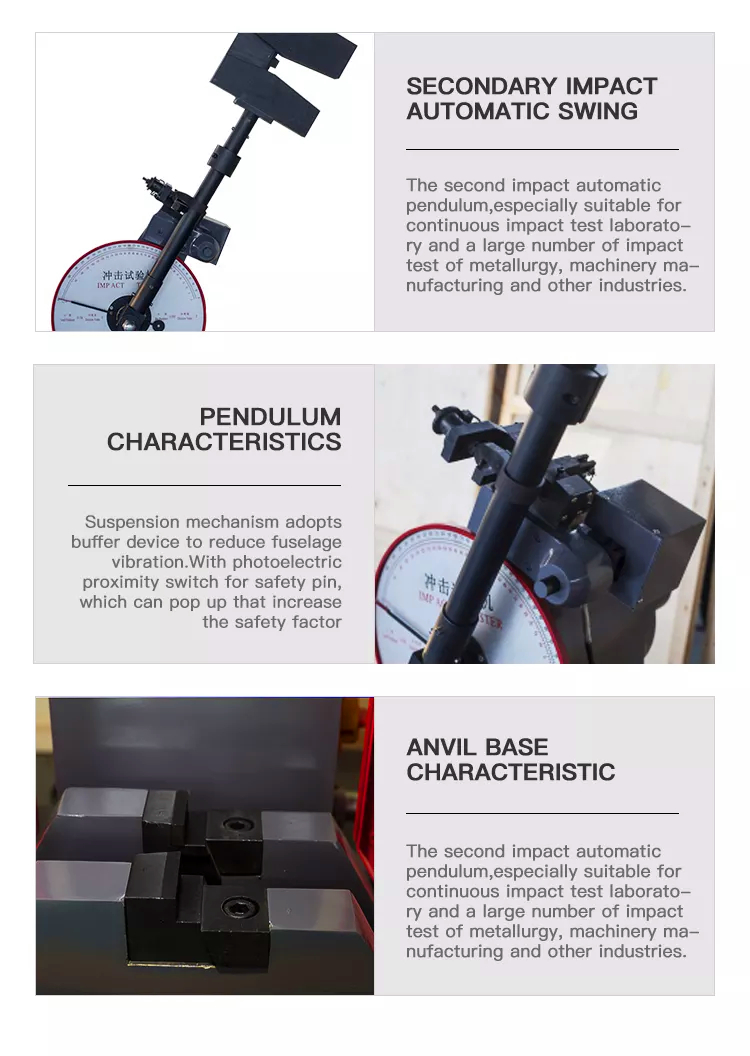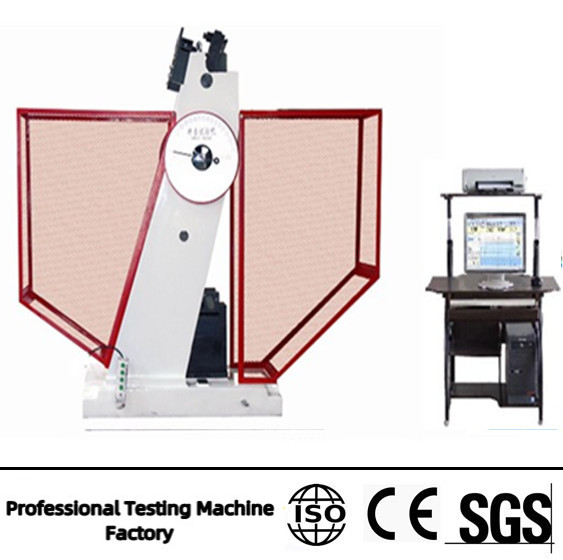Testování vlivu stroj pro agregátní
1. Účel
- Quality assessment: It is mainly used to determine the impact resistance of aggregates. Aggregates are crucial components in concrete, asfalt, and other construction materials. By testing their impact resistance, engineers can evaluate the quality and durability of aggregates, ensuring that the final construction products can withstand various external forces and environmental conditions.
- Material selection: Helps in the selection of appropriate aggregates for different construction projects. For high – traffic roads or structures in harsh environments, aggregates with high impact resistance are required, and this testing machine provides reliable data for such selections.
2. Princip fungování
- Impact mechanism: The machine typically has a hammer or a falling weight. When the test starts, the hammer is lifted to a certain height and then released. The falling hammer strikes the aggregate sample, applying an impact load.
- Measurement and analysis: After the impact, the change in the aggregate’s state, such as the degree of fragmentation, is measured. Based on the test results, the impact value of the aggregate can be calculated, which reflects its ability to resist impact.
3. Technické vlastnosti
- Přesnost: It is designed to provide accurate and repeatable test results. Advanced sensors and measurement systems are often incorporated to ensure the reliability of the data.
- Bezpečnost: Equipped with safety devices to protect operators during the testing process. Například, there may be enclosures to prevent fragments from flying out when the aggregate is impacted.
4. Standards compliance
- This type of testing machine usually complies with relevant national and international standards, jako je například ASTM (American Society for Testing and Materials) or BS (British Standards). These standards define the test methods, sample preparation requirements, and acceptance criteria for aggregate impact tests.
aplikace:
Tento druh vlivu na testování stroje JBW 300 Používá se k určení houževnatost kovových materiálů pod dynamickým zatížením. Kyvadlo stroje může být zvýšena nebo automaticky uvolní. Je navržen v souladu s národní normy GB / T3808-1995 „Charpy dopadu zkušebních metod pro kovy“ a normy ISO.
To může také být v souladu s normou ASTM E23 jako zvláštní přání zákazníka. Má rysy snadnou obsluhu, vysoká účinnost, bezpečný a spolehlivý. Počítačový systém může dělat zpracování dat a získat zkušební protokol. Pod super nízkých teplot chladicího systému, to může zkontrolovat výkon nárazu materiálů. Stroj je vhodný zejména pro laboratorní, hutní průmysl, strojní výroba, ocelárna a další obory.
Specifikace:
| Specifikace |
JBW 300 |
JBW 500 |
| nárazová energie (J) |
150, 300 |
250, 500 |
| rychlost nárazu (slečna) |
5.2 |
5.4 |
| zvýšen úhel |
150º |
| standardní rozsah (mm) |
40 |
| Round úhel čelistí (mm) |
R1-1.5 |
| Round úhel nápadné hrany (mm) |
R2-2.5 |
| Velikost vzorku (mm) |
10 X 10 X 55 |
| Zdroj napájení |
3PHS, 380V, 50Hz nebo 220, 60Hz |
| Rozměry (mm) |
1600 X 850 X 1530 |
1600 X 850 X 1530 |
| Čistá hmotnost (kg) |
880 |
980 |
| Zobrazit |
Obrazovka počítače |
| Dopad zkušební stroj JBW 300 |
|





























